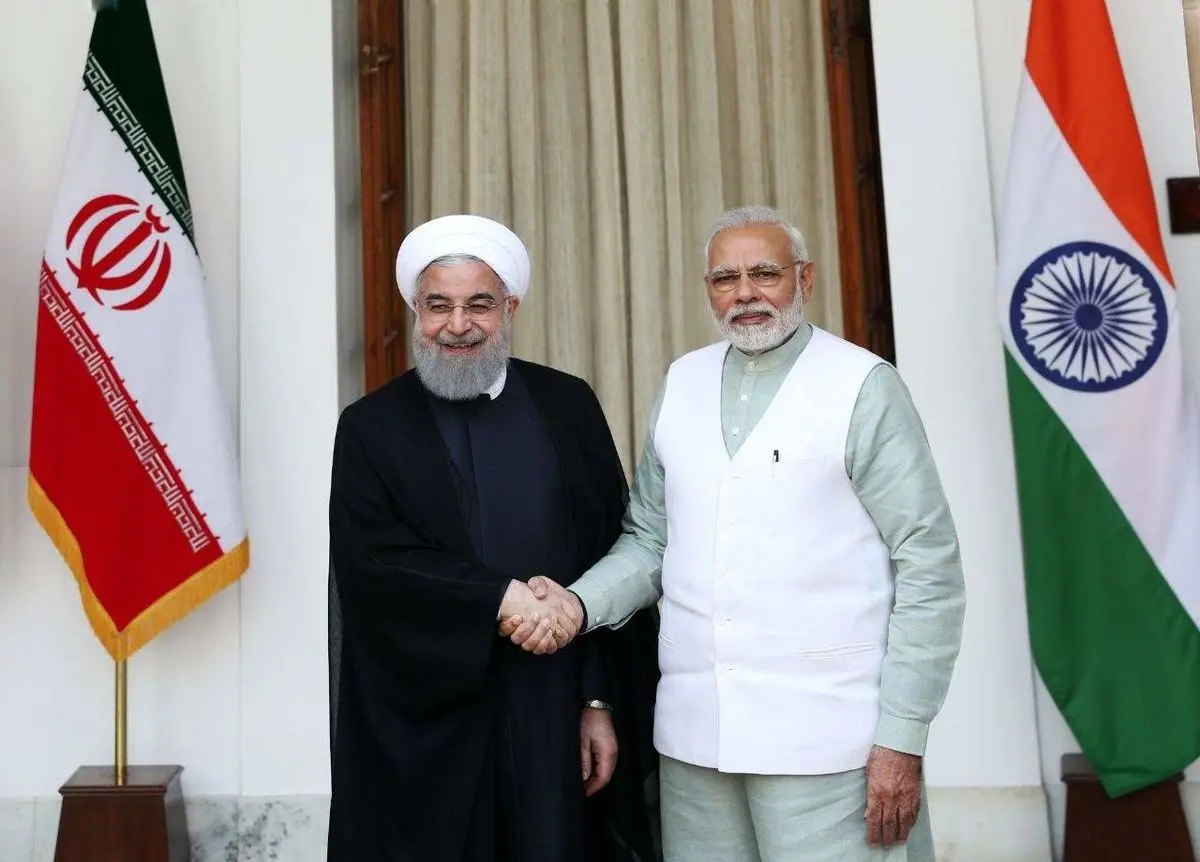Iran, India discuss trade cooperation under US sanctions

Outgoing Indian ambassador to Tehran and the head of Tehran Chamber of Commerce, Industries, Mines and Agriculture have discussed ways of continuing Iran-India trade under reimposed US sanctions.
During the meeting, the Indian diplomat Saurabh Kumar and the Iranian official Masoud Khansari reviewed the ways to continue trade relations during sanctions.
After US President Donald Trump's withdrawal from Iran's nuclear deal in May, the US has reimposed the stringent sanctions on Iran, including embargoes on Iran's banking and oil sectors, reports Xinhua.
The US sanctions may present a new window of opportunity for Iran-India ties, Khansari said, adding that the focus of mechanisms to facilitate cooperation between Iran and India should be laid on banking and financial cooperation.
He also highlighted the role of Iranian Chabahar Port in developing close cooperation with India, adding "now that the port has been exempted from US sanctions, the two sides must capitalise on this opportunity."
"Sanctions create many problems, but they have also created this opportunity for us to tap into neglected capabilities and capacities," he was quoted as saying.
Tehran Chamber is conducting studies on regional trade partners, including India, for import and export purposes, Khansari said.
For his part, Kumar presented a list of 1,000 goods items that Iran can import from India.
"Fortunately, trade based on national currencies of the two countries has become a clear and transparent mechanism, so Iran can provide a portion of its important needs by using India's rupee," Kumar said.
The Indian diplomat said that his country can import 300,000 barrels of crude oil per day for the next six months from Iran based on the US exemption, and half of its money will be wired to accounts belonging to the Iranian banks in Indian banks in rupees.
Iran can, in turn, purchase essential goods such as food, medicine and humanitarian trade goods that are exempt from sanctions, according to the report.
The remaining half of the oil money may be exchanged into euros or other foreign currencies for Iran to receive and transfer, Kumar added, noting that a mechanism should be developed for this money to be transferred out of India.
END
